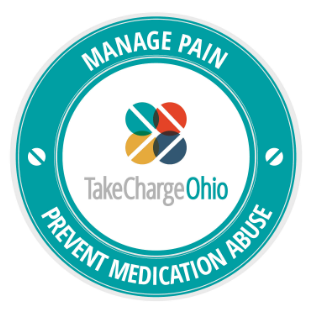Our partners | stakeholders






Our Services
Wellness
We consider all of our clients’ dimensions of wellness including social, emotional, occupational, intellectual, environmental, spiritual and physical.
Mind
Our clinic offers preventive care, disease management, and wellness support.
Body
Our clinic offers preventive care, disease management, and wellness support.
Education
Limro Health® offers education services to qualified individuals of all acceptable ages
Homeless
The Homeless Outreach and Intake Center of Summit County brings supportive services for persons experiencing homelessness under one roof.
Housing
Our housing services provide a range of possibilities to meet the needs of our clients including residential treatment and supported living options.
Employment
Our employment services help to identify career interests as well as barriers to employment. The program focuses on helping individuals secure and retain employment..
Life Skills
Limro Health® arms the community memebers with all the life skills needed to live a comfortable and respectable life in the community
We All Need Help to Realize What We Want Most.
Limro Health LLC®
Your gift matters!
Your donation can make a significant difference in the lives of those living with severe and persistent mental illness .
Your generosity allows us to continue to provide excellent, innovative health services in our community and beyond. Your gift is tax deductible.

Limro Health® exists to provide statewide leadership of a high-quality mental health and addiction prevention, treatment and recovery system that is effective and valued by all Ohioans.

Testimonials
What Clients Are Saying

Daniel Johnson

Julia Michele

Robert Green

Oliver Goodman
